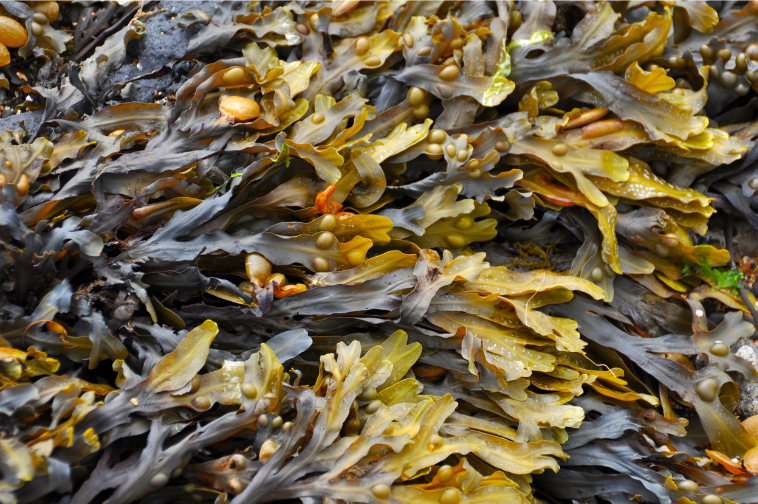Find more funding
There are many other organisations who may be offering funding that will help you, and our handy funding search tool brings them all together.
Spearheaded by Algapelago Marine Ltd in collaboration Atlantic Mariculture Ltd and the UK Agri-Tech Centre, they will investigate how biologically driven nutrient management strategies can improve soil health and crop performance.
Backed by Innovate UK and a coalition of industry experts, the project aims to foster plant resilience while optimising soil microbial and fungal ecosystems through leveraging the natural properties of seaweed biostimulants and reducing reliance on mineral fertilisers. The research will also lay the groundwork for larger-scale field trials, further investigating the impact of kelp-derived biostimulants on nutrient use efficiency (NUE).
Previous studies suggest that applying seaweed extracts to the collection of microorganisms that live in the soil and around plant roots and play an essential role in the degradation of organic matter, nutrient retention and recycling, can significantly enhance microbial diversity and improve crop yield and quality. This project builds upon prior research, including an Innovate UK-supported initiative on low-energy kelp extraction for soil and livestock applications.
It will examine the potential of biostimulants derived from sugar kelp through an innovative low-energy extraction process, to improve soil conditions and enhance nutrient use efficiency.
Speaking of the project, Dr Gordon McDougall, research leader at the Hutton, said,
“We are delighted to bring our expertise in seaweed biochemistry, biostimulants and crop trials to this important research project. Understanding how these novel low-energy seaweed extracts can maintain or improve crop yield whilst altering the soil microbiota and reducing inputs of nitrogen and phosphate fertilisers could provide new approaches for greener agriculture.”
Luke Ansell, Head of Operations at Algapelago Marine Ltd, said,
“We’re thrilled to have secured funding for a second Innovate UK project focused on the development of kelp biostimulants. The project aims to address data gaps and build the evidence case for the role of cultivated seaweed extracts in modern crop production. The SKE-NMT will test the hypothesis that sugar kelp extracts can improve plant nutrient use efficiency here in the UK.”
Cultivated kelp provides a sustainable and scalable alternative to wild-harvested marine biomass but the potential of novel cultivated seaweed biomass, especially in applications like biostimulants, remains under-explored.

The project seeks to establish an innovative supply chain where cultivated seaweed biomass plays a crucial role in the transition to global sustainable agricultural practices.
The trials will explore yield responses under reduced nitrate and phosphate conditions and correlate improved uptake of nitrogen and phosphorus under fertiliser limitation with impacts on microbial diversity and community structure.
It will also merge the development of new technologies (novel seaweed extracts) with further means to improve NUE in arable and horticultural systems.
UK farmers are under increasing pressure to maintain productivity while reducing fertiliser dependency. Integrating seaweed-derived supplements could improve NUE, reducing carbon emissions while simultaneously enriching soil fertility.
Cultivated seaweed biomass offers a scalable, sustainable solution that supports marine ecosystems that could also play a vital role in sustainable agriculture. An innovative supply chain could see seaweed become a cornerstone of both aquaculture and agriculture.
This initiative underscores the growing importance of seaweed-derived biostimulants in sustainable agriculture, positioning cultivated kelp as a valuable resource for improving soil health, nutrient efficiency and overall farm productivity.
There are many other organisations who may be offering funding that will help you, and our handy funding search tool brings them all together.